Agricultural value chains: A farmer’s means to a greater ending
Posts by:
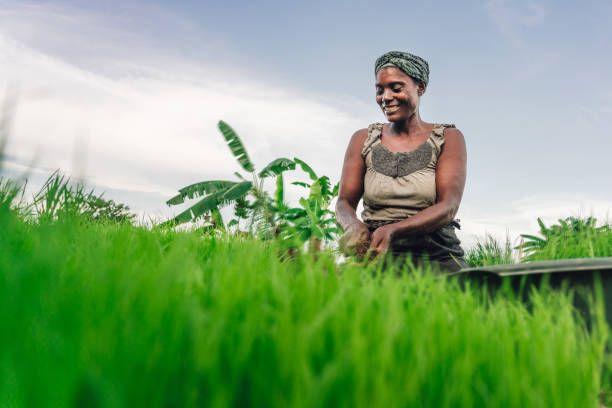

Most rural people, particularly in Sub-Saharan Africa, depend on agriculture for their livelihoods. In Kenya, rural households who are mainly smallholder farmers rely on agriculture for most of their income. The agriculture sector plays an important role in employment creation. However, the sector is reportedly dominated by the elderly people while youths tend to shy away.
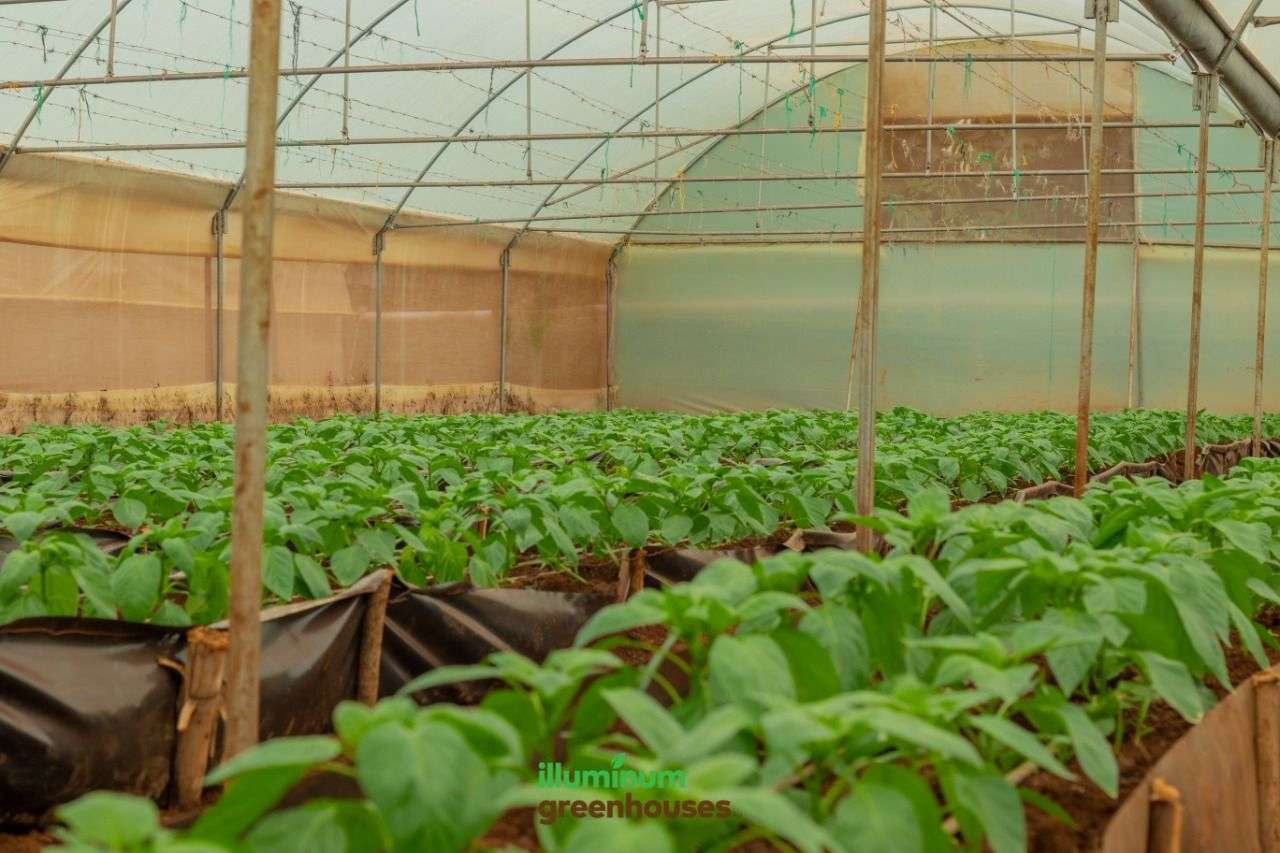
Setting up a greenhouse is quite an achievement and the next question that comes is what measures will the farmer take to be a successful greenhouse farmer.
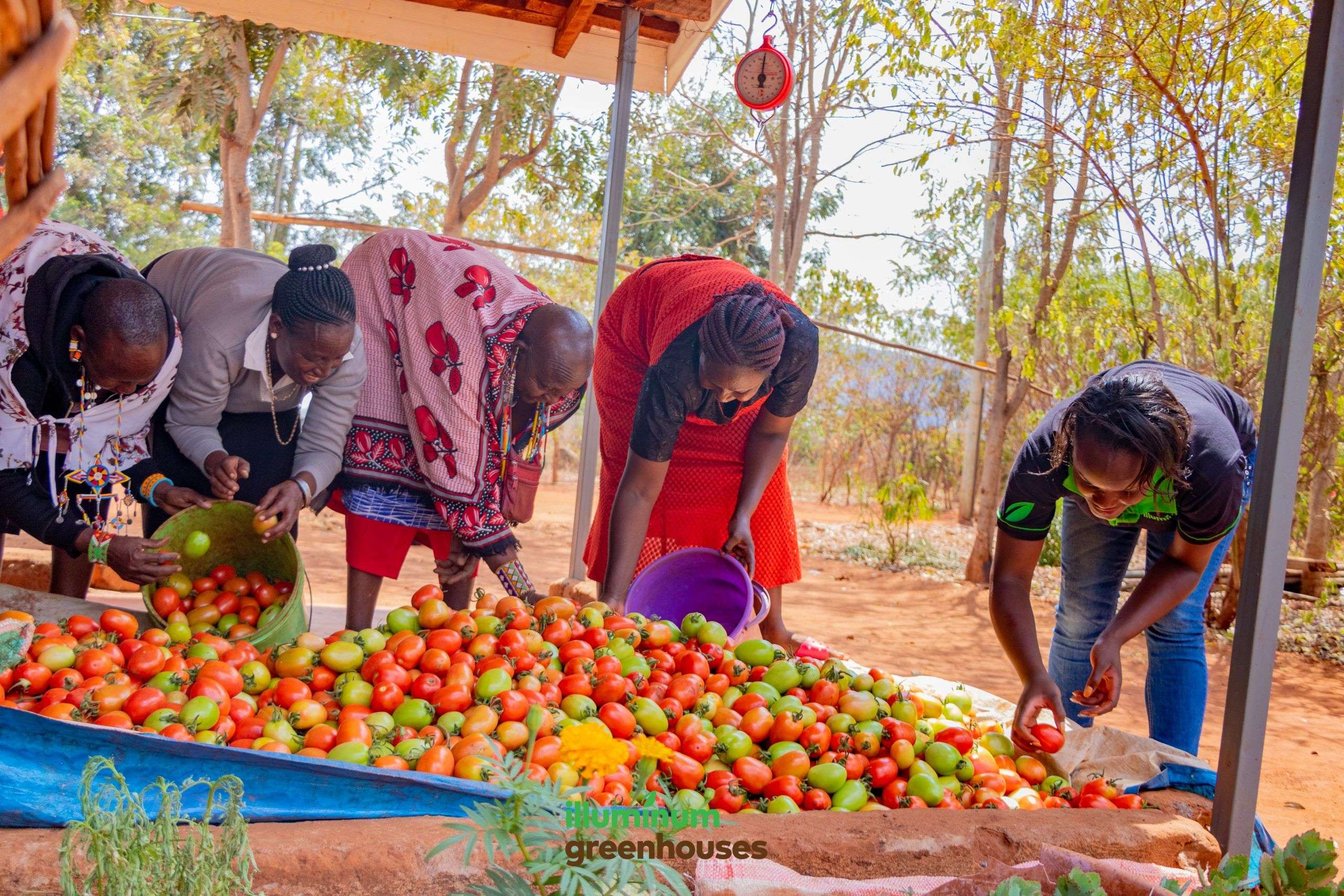
Agriculture in Kenya is regarded as a readily available economic activity and a means of wealth creation. New methods of farming such as greenhouse farming are readily adopted. The question remains how to time crops for those huge profits. To ensure you have achieved maximum profits, it is important to time your crops for peak season where the supply of farm produce is low and the demand is high.
A greenhouse is constructed of a frame and translucent material that allows the sun’s rays to penetrate and heat the interior providing optimal climatic conditions for the plants to thrive. It shields crops from excess cold or heat and unwanted pests and makes it possible to grow crops year-round. The commonly used framing material is either wood or metal. In our case, as Illuminum greenhouses we use the galvanized steel.
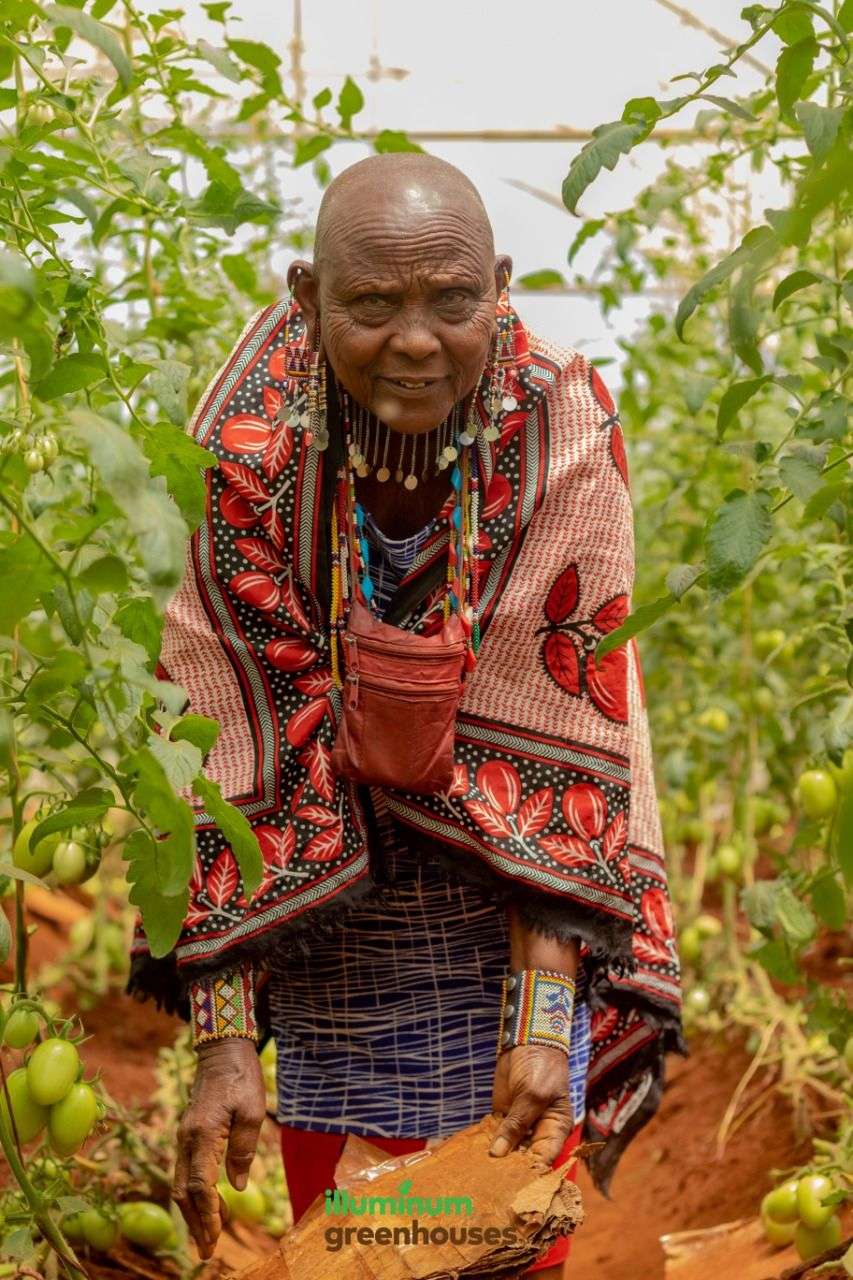
The role of a woman is crucial in the society. Her participation in agriculture cannot be ignored either.
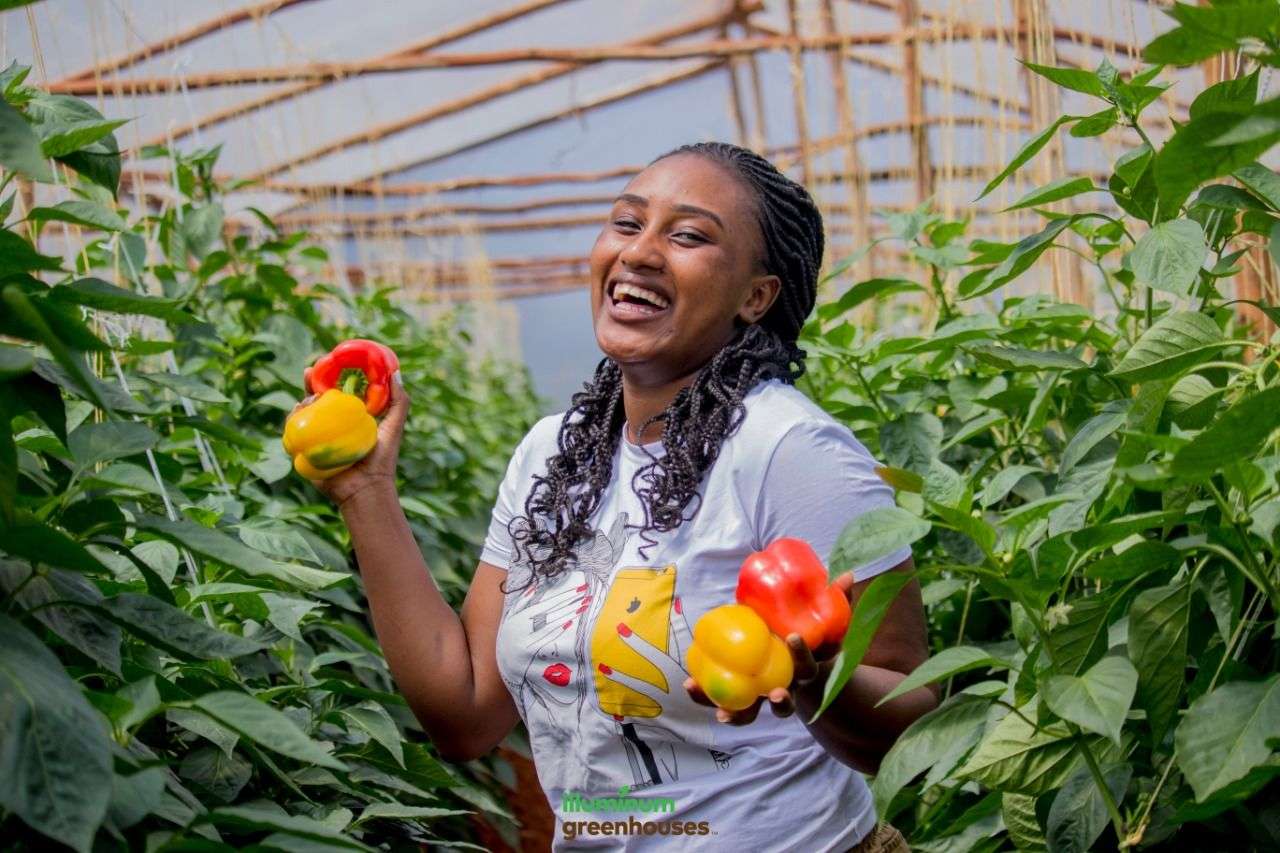
Once you have set up that dream greenhouse, it is every farmer’s dream to get a return on their investment and also start making profits! The question always remains how? Don’t worry we have all the answers right for you.

Farming has continuously evolved from the simple methods to modern day use of machinery and other technologies such as greenhouses.
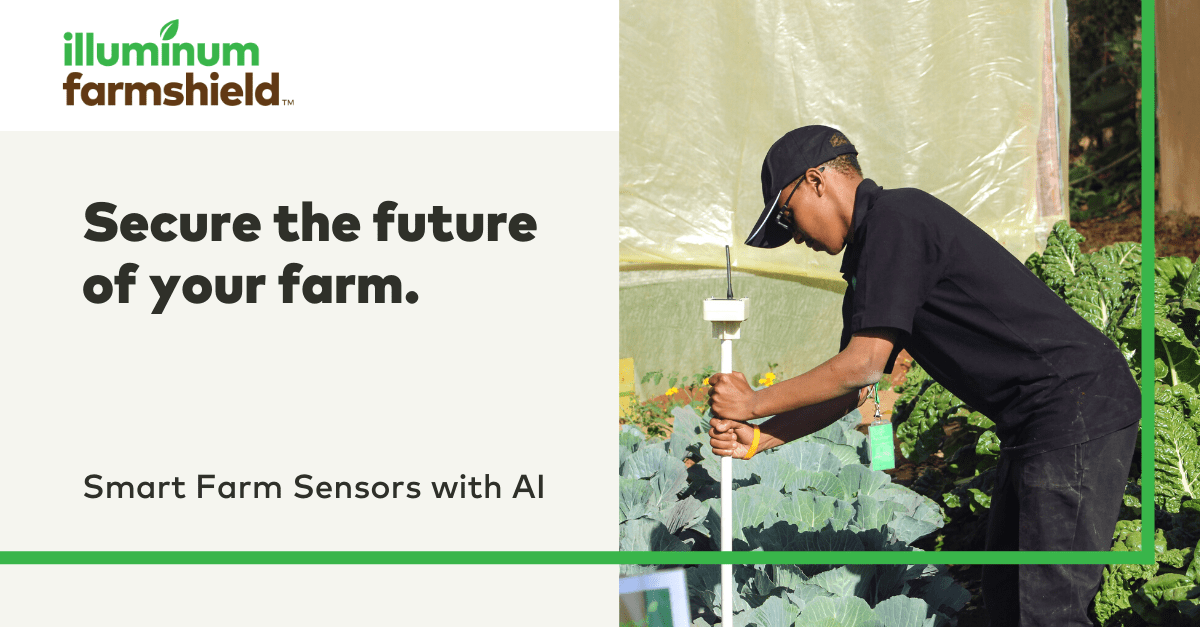
The Smart Farming Solution for farmers
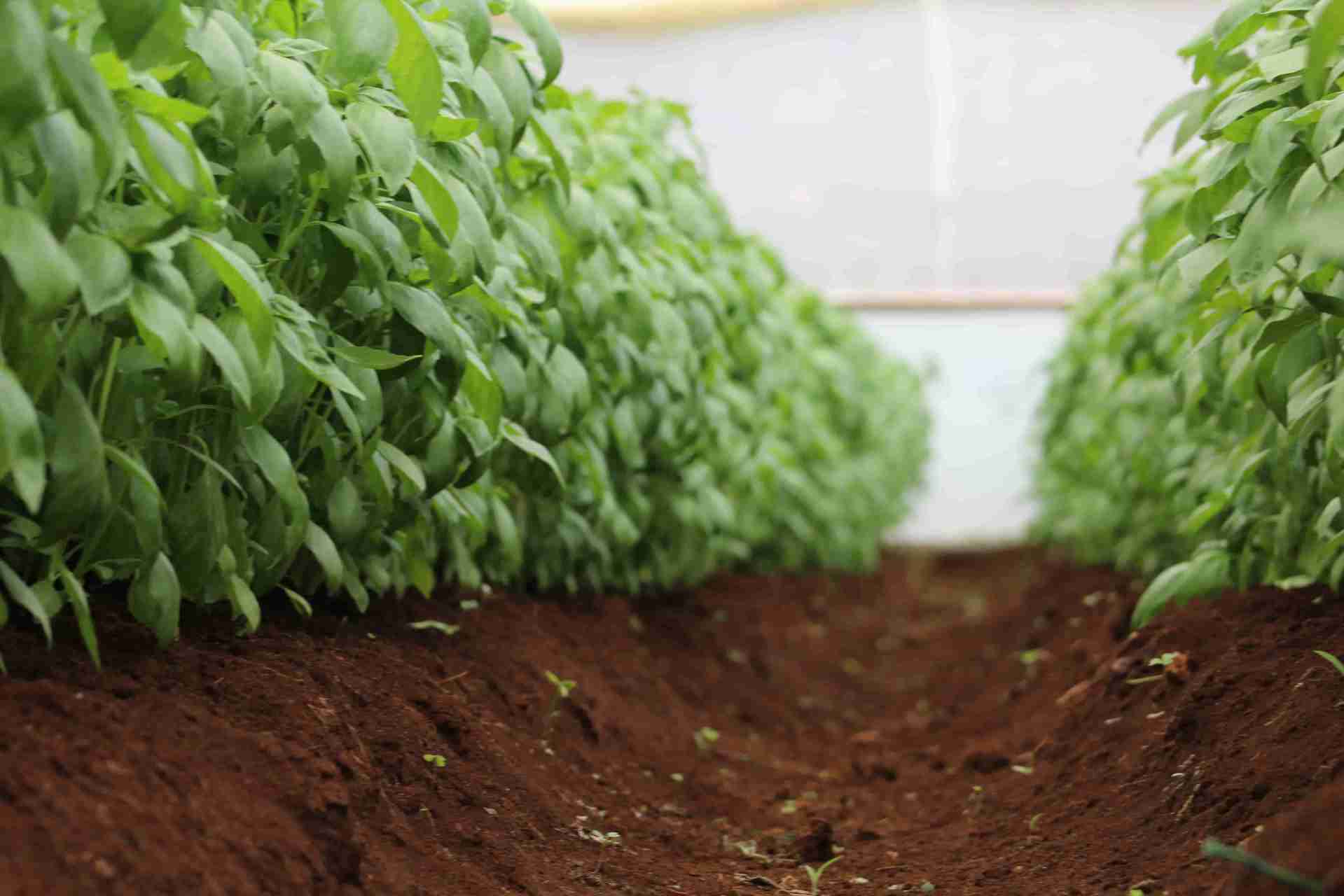
Export of crops in Kenya has grown over the past years from cash crops such as tea, coffee, pyrethrum to “nontraditional crops”. Nontraditional crops are defined as Crops that are not part of the customary diet of the local population. The African continent has the upper hand in growing most crops due to its tropical climate which facilitates the growth of crops throughout the year whereas the temperate climate zone experienced in most developed countries restricts cropping seasons to summer months.